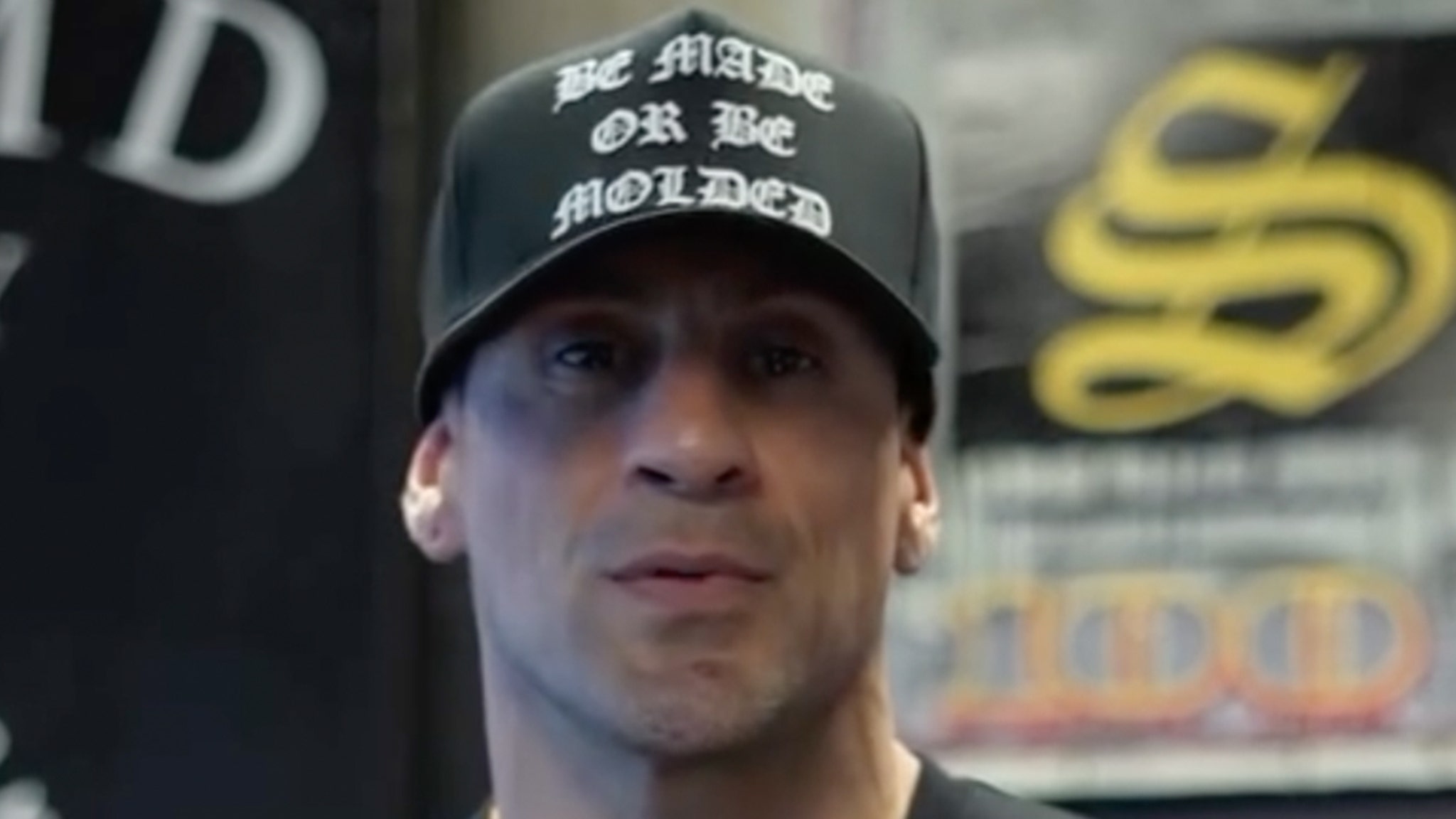Jobs
The CFO of Electronic Arts has held 14 different jobs at the company—what that taught him

Good morning. Stuart Canfield, CFO of Electronic Arts (EA), one of the largest video game publishers in the world, has a front-row seat to how the company and gaming industry have evolved over the years. Canfield became finance chief in July 2023 but joined EA in 2003 and has held more than a dozen roles at the company.
“Actually, I’ve had 14 different jobs during my journey,” Canfield told me. “I’ve lived in four different countries with EA.”
The Fortune 500 company, founded in 1982, is headquartered in Redwood City, Calif. Some of its well-known brands include EA SPORTS FC, EA SPORTS Madden NFL, The Sims, Battlefield, and Apex Legends. EA will host its Investor Day on Sept. 17 where the company will lay out how they think about opportunities for growth—including some beyond their core games business, according to Canfield.
The gaming industry has been “incredibly disrupted by technology and innovation,” Canfield said, but added EA is well positioned to capitalize on the broader market. The company is moving toward a platform-as-a-service, which is a “dramatic shift” from traditional gaming, he noted.
“As a kid, I went to the store, bought a game, took it home, loaded the tray, and played a singular experience,” Canfield said. “Now, I’m downloading a game, logging on and talking to friends and playing with them at the same time, and being truly socially connected.”
EA has evolved from a video game maker into an interactive entertainment company, with most of EA’s revenue no longer solely coming from selling games. Over 70% of EA’s business is driven by recurring services inside the product, Canfield said. EA reported total net revenue of $7.6 billion for the fiscal year ending on March 31, up 2% year over year. In EA’s most recent earnings report released on July 30, the company reported net revenue of $1.6 billion for the quarter.
As the technology in gaming continues to evolve, talent at EA increasingly includes analysts, engineers, and large language model experts, which wasn’t traditionally part of the skill sets needed within the company, Canfield said—adding that he has had the opportunity to acquire a number of those himself.
‘It was incredibly powerful for me‘
Born and raised in England, Canfield’s first of many finance roles upon joining EA in 2003 was as a European financial analyst. He soon moved on to become manager of EA Sports’ strategic financial planning and reporting. Since then, he has held a variety of senior leadership positions in global finance, investor relations, and operations for EA and EA Sports, a major sub-label.
But it was not a linear career path, Canfield told me. He made several lateral moves across geographies, like becoming senior director of strategic financial planning at EA Sports in Vancouver, for example. And, although, they were lateral moves, he remained in the roles long enough to accomplish strategic goals for the company.
Over the years, when jobs became available, and there was a need that matched his skill sets, Canfield would pursue the job, using these opportunities to learn and get exposure to the business. And there were times when the job coincided with his interests off the clock.
“When I became CFO of EA Sports, it was incredibly powerful for me to unite my passion outside of work, inside of work,” Canfield told me.
He eventually took on financial leadership roles in EA corporate, such as SVP of enterprise finance. This path and the experience gained ultimately led to Canfield being the first internal CFO hire.
“Every prior CFO has been an external hire which sends a really important signal to my team globally that we can develop and be successful in building out a career at EA,” Canfield said.
“The transformation of the industry has been incredible, and it’s what’s kept me at this company for almost 22 years,” he said. “It’s never dull.”
Sheryl Estrada
sheryl.estrada@fortune.com
The following sections of CFO Daily were curated by Greg McKenna
Leaderboard
Jean-Francois Mady was appointed CFO of Swedish electric manufacturer Polestar (Nasdaq: PSNY), effective Oct. 21. He will succeed Per Ansgar, who had joined the company in January on a transitional basis and will return to his role as CFO of parent company Geely Sweden Holding AB. Mady arrives from auto conglomerate Stellantis, where he was SVP of global accounting operations and financial services across Europe and Asia.
John Crawford was appointed CFO of Paysafe (NYSE: PSFE), a digital payments provider, effective immediately. He will succeed Alex Gersh, who is moving into an advisory role to the CEO. Crawford joins the company from Fidelity National Information Services, or FIS, where he served as EVP of strategy, M&A and venture capital.
Big Deal
Nearly 70% of CEOs remain confident about global economic growth over the next 12 months, according to EY’s latest CEO Outlook Pulse survey. Of the 1,200 leaders polled across the world, only 38% felt ahead of the curve in handling external disruption, though that number was 54% among chief executives optimistic about growth.
Nearly 80% of the most confident CEOs said they were proactively assessing their portfolio, with 98% of those executives planning some form of transaction over the next year. More than a third (37%) are planning an acquisition in that span.
“A combination of pragmatic optimism and a fear of being left behind is expected to drive investment and activity over the coming months,” Andrea Guerzoni, EY global vice chair of strategy of transactions, said in a statement. “CEOs will start to shift from being reactive to proactive in a bid to get ahead and capitalize on the disruptive forces at play.”
Going deeper
“Yacht tragedy forces Morgan Stanley to find new international chair even as grief is fresh,” is a new report from Fortune’s Michael del Castillo. Jonathan Bloomer died in the yacht crash that killed his wife Judy, Autonomy founder Mike Lynch and four others. Now, MSI must replace the man who guided the firm through a period that featured Brexit, an emerging Middle East economy and burgeoning Chinese influence in Africa.
Overheard
“Historically, price controls fail to meet the hope of their advocates because such policies do not address the root causes of the problem and introduce a slew of harmful and unintended consequences. The Harris price-gouging plan follows this same script. It fails to understand the causes of inflation and does not account for the harmful consequences price caps inevitably impose.”
—Kerry Jackson, the William Clement Fellow in California Reform at the Pacific Research Institute, and Wayne Winegarden, a senior fellow at the institute, wrote in a Fortune opinion piece that argues Kamala Harris’s proposed price controls ignore American economic history.





/cdn.vox-cdn.com/uploads/chorus_asset/file/25626295/247263_iphone_16_pro_AKrales_0799.jpg)


